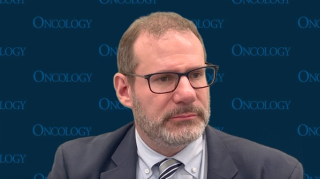
Multiple Myeloma
Latest News

Video Series

Latest Videos
CME Content
More News
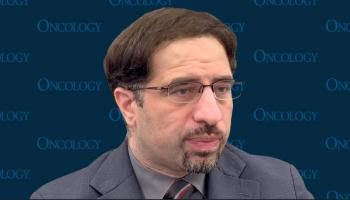
Long-term toxicities like infections and secondary primary malignancies remain a concern when sequencing novel agents for those with multiple myeloma.

SAR446523 is currently being evaluated in a first-in-human phase 1 trial in patients with pretreated relapsed/refractory multiple myeloma.

Management of adverse effects and access to cellular therapies among community oncologists represented key points of discussion in multiple myeloma.

Data from the DREAMM 7 trial may support belantamab mafodotin plus bortezomib and dexamethasone as a new standard of care in this patient population.

Results from the phase 3 GMMG HD7 trial support the approval of the isatuximab-based combination in patients with newly diagnosed multiple myeloma.

Phase 3 DREAMM-7 and DREAMM-8 trial results showed that combinations with belantamab mafodotin showed superior efficacy vs standard of care in the disease.

Results from the AQUILA trial led to the approval of subcutaneous daratumumab for patients with smoldering multiple myeloma at risk of developing the disease.

ODAC voted against the favorability of the agent in combination with dexamethasone and pomalidomide or bortezomib in multiple myeloma.

A real-world analysis of teclistamab, elranatamab, and talquetamab showed comparable outcomes in relapsed or refractory multiple myeloma.

Treatment with ISB 2001 demonstrated robust responses across difficult-to-treat multiple myeloma subgroups in the phase 1 TRIgnite-1 study.

Longer follow-up from the phase 3 MIDAS trial may be necessary to evaluate progression-free survival and overall survival.

Busulfan/melphalan elicited higher PFS among patients with ISS stage II or stage III disease, and melphalan-200 improved PFS in ISS stage I disease.

The expert panel discussed the efficacy observed with cilta-cel in patients with relapsed/refractory multiple myeloma.

Data supporting the FDA decision came from the phase 1/2 LINKER-MM1 trial.

89Zr-DFO-daratumumab shows activity in identifying and localizing multiple myeloma, even in FDG-non-avid cases, per new phase 2 data.

The FDA had reduced driving and geographic restrictions to 2 weeks for patients with lymphomas and multiple myeloma receiving liso-cel and ide-cel.
![“If you have a [patient in the] fourth or fifth line, [JNJ-5322] could be a valid drug of choice,” said Rakesh Popat, BSc, MBBS, MRCP, FRCPath, PhD.](https://cdn.sanity.io/images/0vv8moc6/cancernetwork/267879fc15a40ec8d3ed04d8ee9c1f044b49ee89-2990x1692.png?w=350&fit=crop&auto=format)
“If you have a [patient in the] fourth or fifth line, [JNJ-5322] could be a valid drug of choice,” said Rakesh Popat, MBBS, PhD, MRCP, FRCPath.
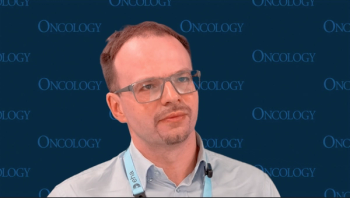
Earlier treatment with daratumumab may be better tolerated for patients with pretreated MRD-negative multiple myeloma.

The trispecific antibody JNJ-5322 demonstrated superior efficacy vs approved agents in multiple myeloma in results shared at the EHA 2025 Congress.

More than 70% of patients achieve an objective response with isatuximab plus pomalidomide and dexamethasone in the phase 2 EAE115 trial.

Efficacy with etentamig was comparable across prespecified subgroups with relapsed/refractory multiple myeloma, suggesting broad therapeutic benefit.

Mezigdomide with dexamethasone and bortezomib or carfilzomib led to a median PFS exceeding 1 year across 3 cohorts in those with relapsed/refractory MM.

Findings from the phase 1b TRIMM-3 trial support the potential activity of PD-1 inhibition in patients with relapsed/refractory multiple myeloma.

The MagnetisMM-6 trial results showed that elranatamab plus daratumumab and lenalidomide yielded an ORR of 97.3% in transplant-ineligible multiple myeloma.

Similar response rates and safety profiles were observed with subcutaenous and intravenous isatuximab in the phase 3 IRAKLIA study.





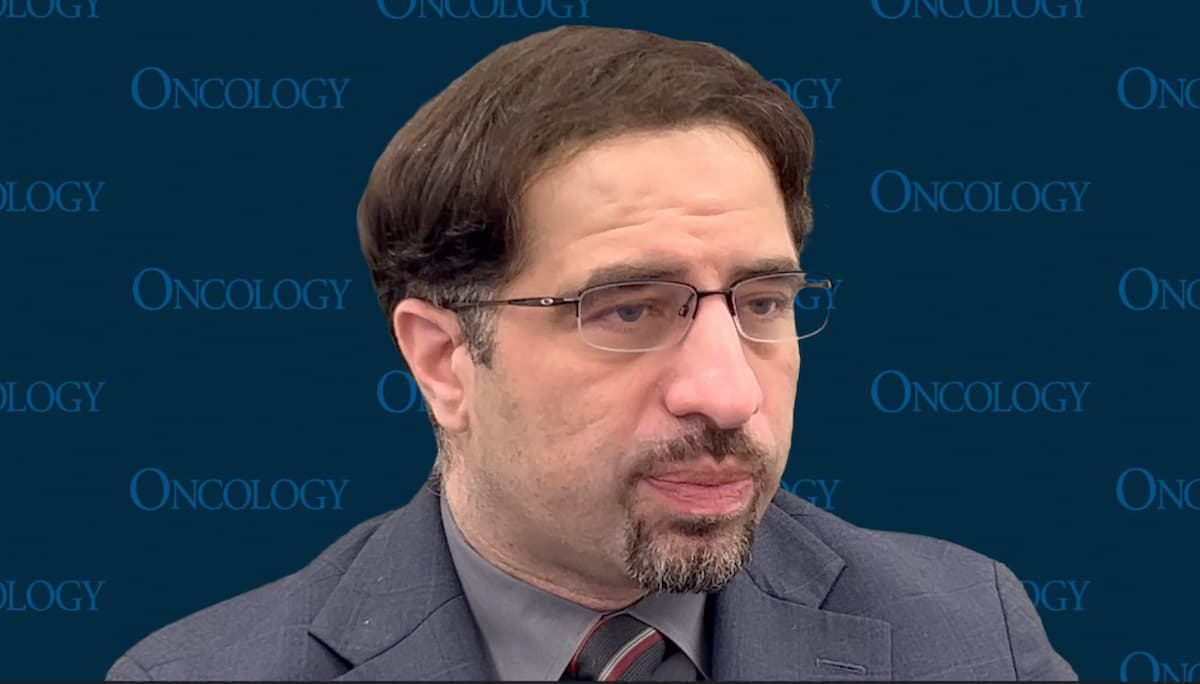



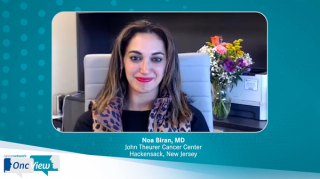

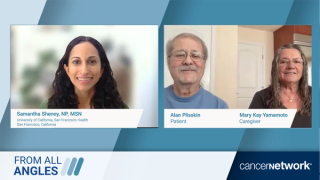

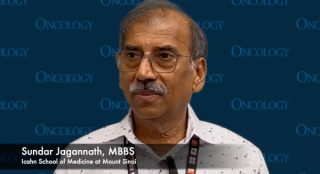
![“Every patient [with multiple myeloma] should be offered CAR T before they’re offered a bispecific, with some rare exceptions,” said Barry Paul, MD.](https://cdn.sanity.io/images/0vv8moc6/cancernetwork/70a5f0fed7009863fe30cf0740cf32014ebaf5be-2974x1660.png?w=320&fit=crop&auto=format)
